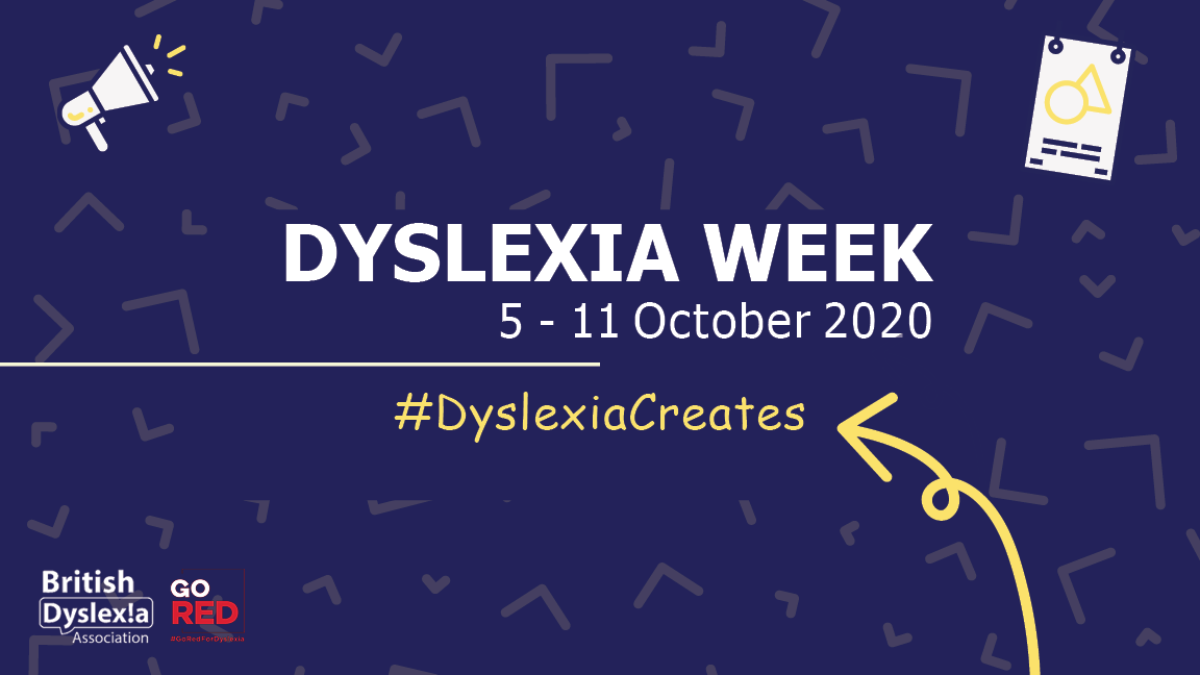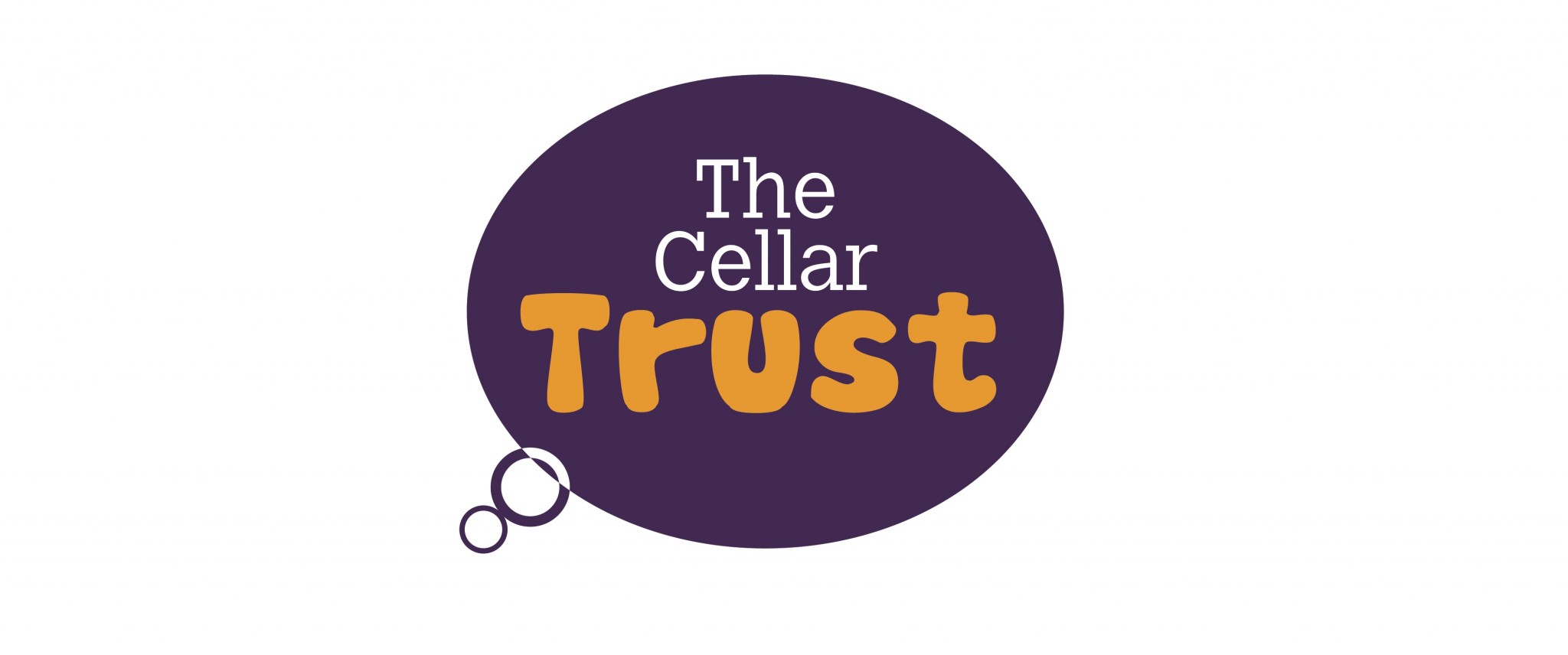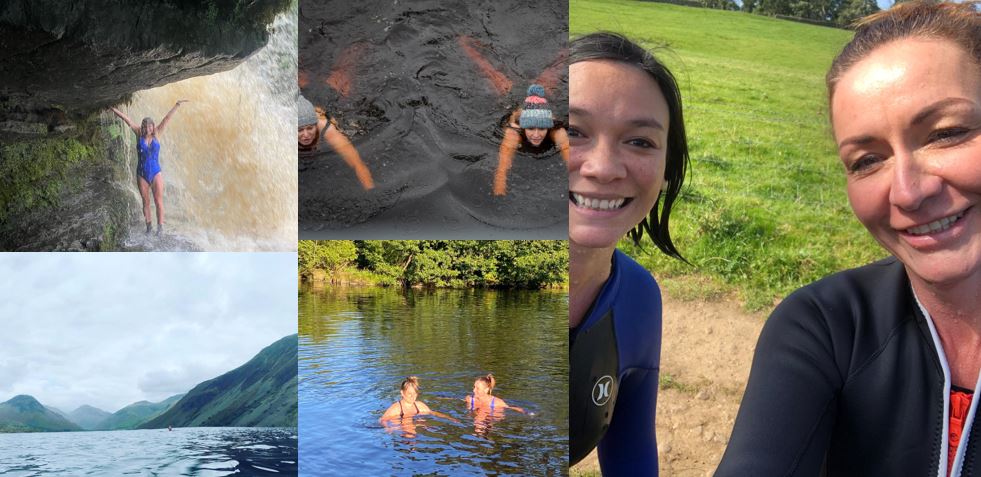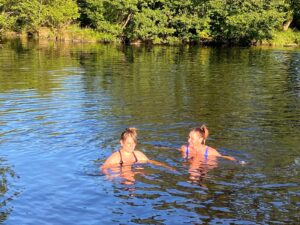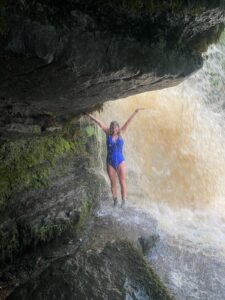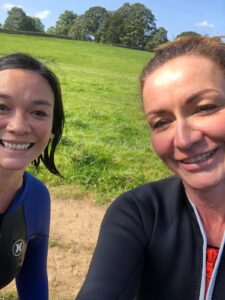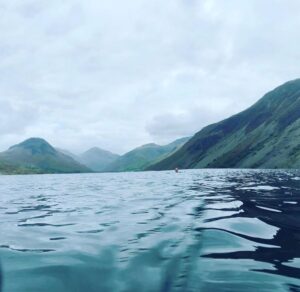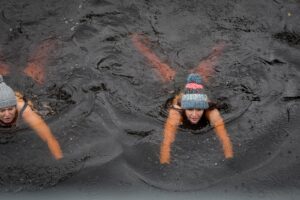World Mental Health Day blog series
Dyslexia Week
by Georgia Scott, Communications Lead
As a person with dyslexia and someone on a mental health journey, Dyslexia Week (5th – 11th October) crossing over with World Mental Health Day (10th October) makes for a really interesting, important, and thought-provoking week for me.
I didn’t find out I was dyslexic until I was 20. I’d gone through school without any of the extra assistance, not knowing why I couldn’t pass a written exam no matter how hard I studied, and two years of university having to resubmit assignment after assignment. I really wanted to throw in the towel and drop out, but I stuck with it and left with a degree after three very long and difficult years.
Studies have found people with learning differences such as dyslexia are more likely to experience feelings of anxiety, depression and low self esteem. Dyslexia is one of the most common learning differences, with the severity differing from person to person. Not only can it affect the individual’s reading ability, but also writing, spelling, memory, motor skills, phonological awareness and the understanding of sequences. I’ve always loved this example of how things can look to people who are dyslexic.
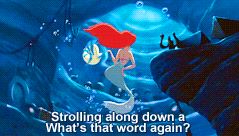
All of those barriers are enough to make education, working life – and to be honest just day to day life – very difficult. I came up against a lot of difficulties in my working life due to dyslexia, which used to cause me quite a lot of anxiety. Some days I’ll be completely fine, and others I could barely string sentence together. I had to work twice as hard as everybody else to achieve success, but I put in the work.
This sense of achievement was once taken away by a colleague in a previous workplace who said ‘dyslexia is just a different word for being thick’. This wasn’t the worst thing I heard.
Life lesson: these types of people are not worth your time and need to educate themselves.
There are so many positives about being dyslexic and it’s all about finding your strengths. There are some things we will always struggle with, but that doesn’t mean we call it quits. We keep going, work hard, and discover all the things we’re amazing at along the way to reaching our goals. Not only do we think outside the box, we also come at things from a different perspective, and we have fantastic attention to detail because we double, triple, and quadruple check things.
I’ve found that my main strength is creativity and I tend to pick up anything artistic or practical very quickly, which is a common trait for people who are dyslexic. I used this unique skill to my advantage to broaden my skills and knowledge base, and to help me with my mental health and wellbeing. I taught myself how to use Photoshop, read endlessly about film, photography, and all things visual, and tried lots of different creative hobbies. I threw myself back into education ten years after finishing school, earning a BTEC Level 2 in Floristry. I turned a hobby into a profitable part-time career – something that never would’ve happened if it wasn’t for mental health and dyslexia.
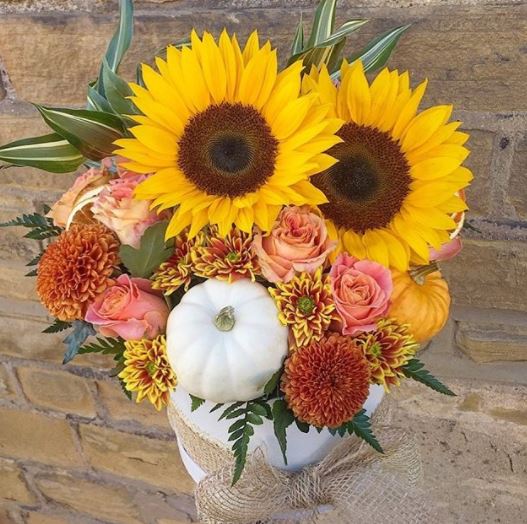
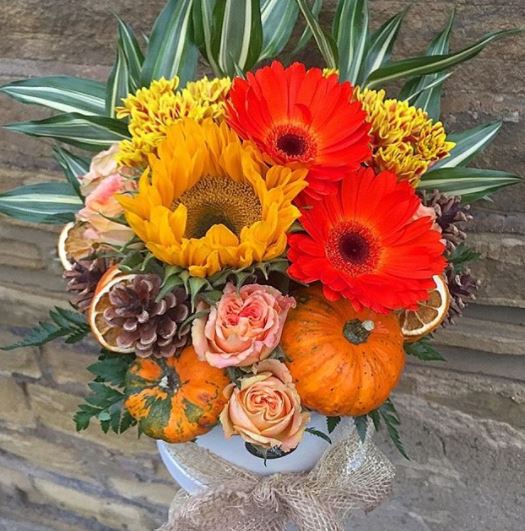

I work really hard and have been in PR for nearly ten years now. Like with previous roles, my job as Communications Lead at The Cellar Trust is filled with phone calls, emails, proof reading, writing press releases, creating content for social media, devising wording for websites, and the need to have a very good memory. Are some of these things difficult for me? Yes. I work in a fast-paced field and have to take in a lot of information very quickly. I love my job and I’m now very lucky to be surrounded by supportive colleagues who are always there to help me.
Surround yourself with supportive people, try new things, adjust your crown, and don’t let anyone tell you you’re not good enough. Do you know what Maggie Aderin-Pocock, Richard Branson, and Walt Disney, all have/had in common? Dyslexia, resourcefulness, and being hard-working individuals.
This years theme for Dyslexia Week is #DyslexiaCreates, which looks at the power of dyslexia to create ideas, organisations and society and the invaluable contribution this makes to the UK. For more information about Dyslexia Week and the campaign to raise awareness end stigma, please visit: https://www.bdadyslexia.org.uk/
